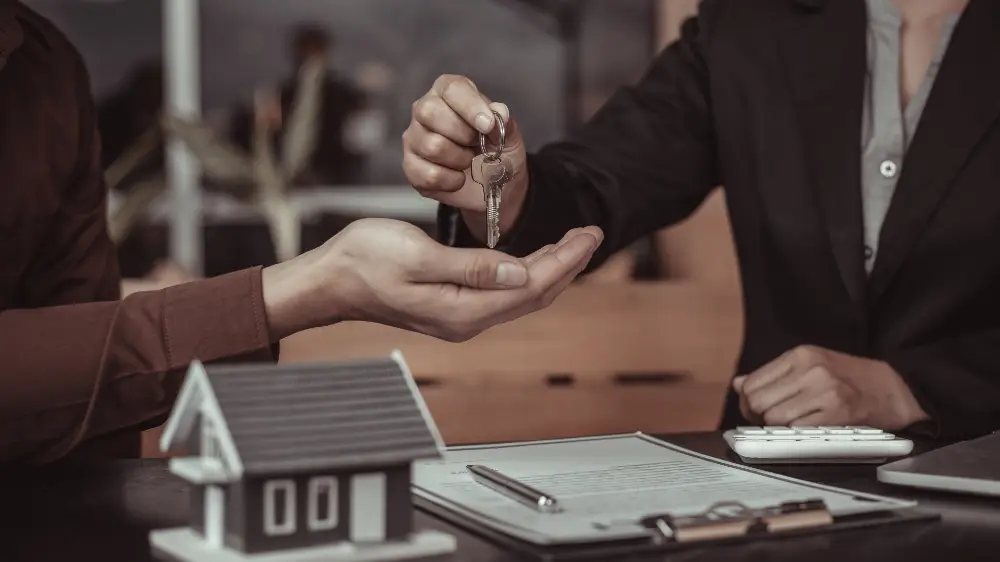The real estate market in the Philippines is as dynamic as the country itself, offering opportunities for investors, homebuyers, and entrepreneurs alike. Finding the right property can be exciting and challenging with its thriving economy, expanding infrastructure, and growing urban centers. Whether you’re looking for a family home, an investment property, or a commercial space, careful consideration is key to making a sound decision.
Define Your Purpose for Buying
The first step in choosing the right property is to clarify your purpose, as it significantly influences the type of property, location, and features you need. Are you buying for personal use, investment purposes, or to establish or expand a business? Residential buyers prioritize safety, accessibility, and proximity to schools, work, and essential services. At the same time, investors typically focus on areas with high rental demand, upcoming infrastructure projects, or steady property appreciation. On the other hand, entrepreneurs may seek properties with flexible spaces for commercial use, such as shophomes or mixed-use developments. Identifying your purpose will help you narrow your options and make a more informed decision.
Choose the Right Location
In real estate, location is everything, as it determines convenience, safety, and potential returns. Urban areas like Metro Manila, Cebu, and Davao offer accessibility, modern amenities, and abundant job opportunities. However, property prices tend to be higher. Suburban locations, such as Lipa in Batangas or Bacolod in Negros Occidental, provide a balance of affordability, accessibility, and a more relaxed lifestyle. It’s essential to consider accessibility to major roads, highways, and public transportation and the impact of upcoming infrastructure projects like airports or expressways, which can significantly boost property value. Proximity to key amenities such as schools, hospitals, shopping centers, and parks is also crucial, as properties near these facilities typically have higher demand and better resale value. Lastly, prioritize safety by researching the area’s crime rate and opting for gated communities or properties with 24/7 security to ensure peace of mind.
Understand Your Budget and Financing Options
Your budget plays a crucial role in determining the type of property you can afford, making it essential to manage your finances effectively. Start by calculating your budget, factoring in the property’s price and additional costs like taxes (e.g., real property tax, documentary stamp tax), notarial fees, association dues for condos or subdivisions, maintenance costs, and home insurance. Next, explore financing options such as bank loans, which offer competitive interest rates but require strict credit checks, or the Pag-IBIG Housing Loan, a government-backed program with lower interest rates for eligible members. Developers may also provide in-house financing, though at typically higher interest rates. At the same time, spot cash payments can earn significant discounts if you have the means. Lastly, ensure affordability by allocating no more than 30% of your monthly income to property-related expenses. Use online mortgage calculators to estimate monthly amortizations for better financial planning.
Understand the Legal and Technical Aspects
The legal and technical aspects of property buying are often overlooked but are essential to prevent future disputes. Start by ensuring the property has a clean title by verifying with the Registry of Deeds that it is free from encumbrances, liens, or conflicts. Familiarize yourself with zoning laws, as these regulations dictate how a property can be used, ensuring it aligns with your intended purpose. Conduct a thorough inspection of the property to check for structural damage, plumbing issues, or pest infestations to avoid costly repairs later. To secure your investment, work with trusted professionals such as a real estate broker, lawyer, and surveyor who can guide you through the transaction process and navigate the legal documents effectively.
Consider Property Type
The Philippine real estate market offers a diverse range of property types, and choosing the right one depends on your purpose, lifestyle, and budget. Residential properties include houses and lots, ideal for families seeking privacy and space, typically in suburban areas. Condominiums, popular in urban centers, provide amenities like pools and gyms but require monthly association dues. At the same time, townhouses offer an affordable and functional option between houses and condos. Commercial properties cater to entrepreneurs and businesses, such as shophomes that combine residential and commercial spaces, office spaces in business districts for startups or companies, and retail spaces for businesses targeting high foot traffic, like cafes or boutiques. For those looking to build, vacant lots offer the freedom to design custom properties. However, zoning laws and construction timelines must be considered. Mixed-use developments, which blend residential, commercial, and recreational spaces, are also gaining popularity for their convenience and potential to enhance property value.
Consider Long-Term Prospects
A property is a long-term investment, so evaluating its future potential is essential. Research market trends in the area to gauge property appreciation, as locations with planned infrastructure or economic development typically experience higher value growth. Consider the resale value by selecting properties that appeal to a broad range of buyers, increasing your chances of profitable future sales. If leasing the property is part of your plan, assess the area’s rental demand; proximity to business districts, schools, or tourist attractions often ensures steady rental prospects and better returns on investment.
Choosing the right property in the Philippines is a multi-faceted process that requires careful planning and research. You can make an informed decision by defining your purpose, understanding your budget, and evaluating the location and legal aspects. Whether you’re looking for a cozy family home, a strategic investment, or a property to start your business, the right choice will always align with your long-term goals and lifestyle needs.
At Hayan Realty, we’re committed to helping you find the perfect property. With our vast range of listings and expertise in the Philippine real estate market, we make property buying a seamless and rewarding experience. Contact us today to start your journey toward owning your dream property.

